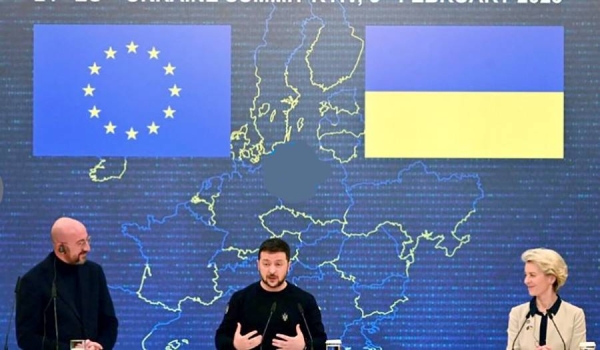
Responsibility for political crisis lies with Islamist Ennahda party, analysts tell Arab News
JEDDAH: Tunisians threw their weight behind President Kais Saied on Tuesday after he told leading civil society groups that the emergency situation was temporary and he would “protect the democratic path.”
Saied pledged that the “freedoms and rights of Tunisians would not be affected in any way,” said Sami Tahri, an official in the powerful UGTT trade union.
Thousands celebrated on the streets on Monday after Saied dismissed the government, including Prime Minister Hichem Mechichi and the justice and defense ministers. He also suspended parliament, which had been dominated by its speaker, Rached Ghannouchi, leader of the Islamist Ennahda party.
On the streets of Tunis, many welcomed the president’s orders. Najet Ben Gharbia, 47, a nurse, said she had been waiting “a long time” for such a move. A decade after Tunisians ousted dictator Zine El Abidine Ben Ali, many are struggling.
“There is still great poverty,” Ben Gharbia said, describing the inflation that has stripped the value of income, making meat too expensive to buy. “People are miserable.
“Kais Saied, he’s a teacher, not a politician, he’s like us. We are sure of him, he is not like Ben Ali, he is not a dictator.”
Mounir Mabrouk, 50, said: “What the president is doing is in our interest. Political parties have done nothing except sell our property to foreigners and wealthy elites.”
Opinion
This section contains relevant reference points, placed in (Opinion field)
Taxi driver Hosni Mkhali, 47, said action had to be taken — especially to bring the cases of coronavirus under control, as Tunisia struggles with one of the world’s worst recorded death rates. “All Tunisians are disgusted,” he said. “It was the best time to act.”
Analysts laid the blame for Tunisia’s turmoil firmly at the door of Ennahda, the Islamist party led by Ghannouchi.
Ammar Aziz, an associate editor at Al Arabiya News Channel, told Arab News: “With Ennahda controlling parliament and also the government, everything has simply collapsed — from security to the economy. The same is true for the country’s transport system and public health institutions. All Tunisians have noticed the deterioration and it is for this reason we saw the protests in different towns on July 25.”
Writing today in Arab News, Sir John Jenkins, a senior fellow at Policy Exchange and former leading British diplomat, said Ghannouchi’s motives were questionable.
He said: “Although Ghannouchi claimed to have separated the political, social welfare and dawa wings of Ennahda in 2016, there has never been anything to suggest that he does not share the ultimate Muslim Brotherhood goal of an Islamized state.”












